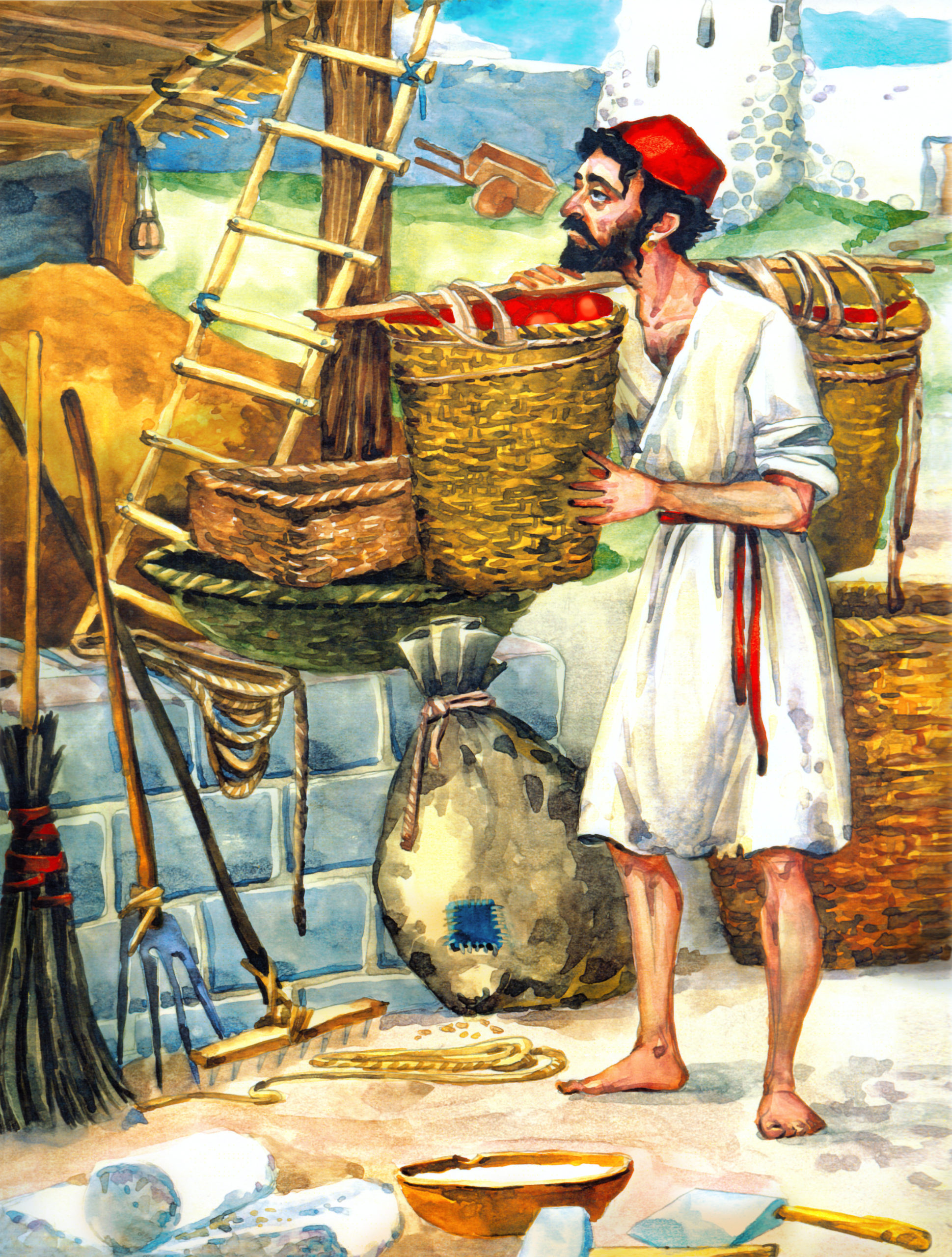
February 2021 Monthly Letter
Dear Reconciler,
In February, we celebrate Lincoln’s birthday and Black History Month. I want to share an article on “Slavery and the Bible” written by Pastor Neil Earle, who is a writer for ORM, as well as an Adjunct Professor of History at Citrus College in California. In the future we’d like to do a “part two.”
February is well under way and with it comes Abraham Lincoln’s birthday and Black History Month in the United States. Reconcilers remember Lincoln as sponsor of the Emancipation Proclamation (1863) and the Thirteenth Amendment (1865), which freed millions of slaves.
Some critics point to the seeming slowness with which the Christian church moved against the evil of slavery. It is often claimed that the Old Testament seemed to endorse slavery and the fact that Abraham and the Biblical Patriarchs owned slaves. Even bequeathing them to your children was permitted in the Torah (Leviticus 25:44-46). However, Bible teachers such as Willard Swartley in Slavery, Sabbath, War and Women, remind us that neither the Bible nor the nation of Israel invented slavery. In fact, the pivotal event in Israel’s history was God’s liberation of Israel from slavery in Egypt.
In ancient Israel, the issue was complicated by the fact that some Hebrews voluntarily accepted servitude as a way of cancelling out debt. Still, the seventh year was a year of release (Deuteronomy 15:9-10 NKJ) and the Law also spelled out humane counter-measures (Leviticus 25:36-43). In many ways, the Old Testament was ahead of its time. Swartley adds: “Slavery advocates dare to say that the prophets and Jesus never spoke against slavery, thereby condoning it.” He shows the absurdity of that argument in that piracy, arson and twenty other heinous sins are also passed over (page 51).
As a church pastor, St. Paul picked up on the humanitarian bias in the Law in Ephesians 5:5-9. He called on Christians, should they own slaves—and the practice was rife in the Roman Empire—to treat them kindly. We know many Christians were slaves. Paul tactfully encouraged them to win their freedom if possible (1 Corinthians 7:21). Some became church leaders later on.
Church historians know that the early church was in no position to launch a social revolution. For many centuries, the church itself was outlawed. But even in the second century Christian voices were being raised against slavery. Paul’s words in Galatians 3:28 where “there is neither slave nor free” became a guiding light and a prod to conscience. When Paul urged the slave-owning Christian, Philemon, to treat his escaped slave Onesimus as a brother, the Church was, in Lightfoot’s splendid phrase “placing a time bomb” under the practice (Philemon 16). See Scott McKnight’s exposition on Philemon in the New International Commentary on the New Testament.
Like a salmon swimming upstream, God’s word thus gave strong “leads” to where the compassionate One was pointing his people. Church leaders from John Chrysostom (304-447) to John Wesley (1703-1791) waged a running battle against the practice. Eventually Christian leaders such as Lincoln could mobilize public attitudes for emancipation and set a precedent that has endured.
For that we can all be thankful.
Thank you all for your prayers and donations as we spread the gospel in 2021, which, as several people have told me, is so needed.
Blessings and stay safe,

